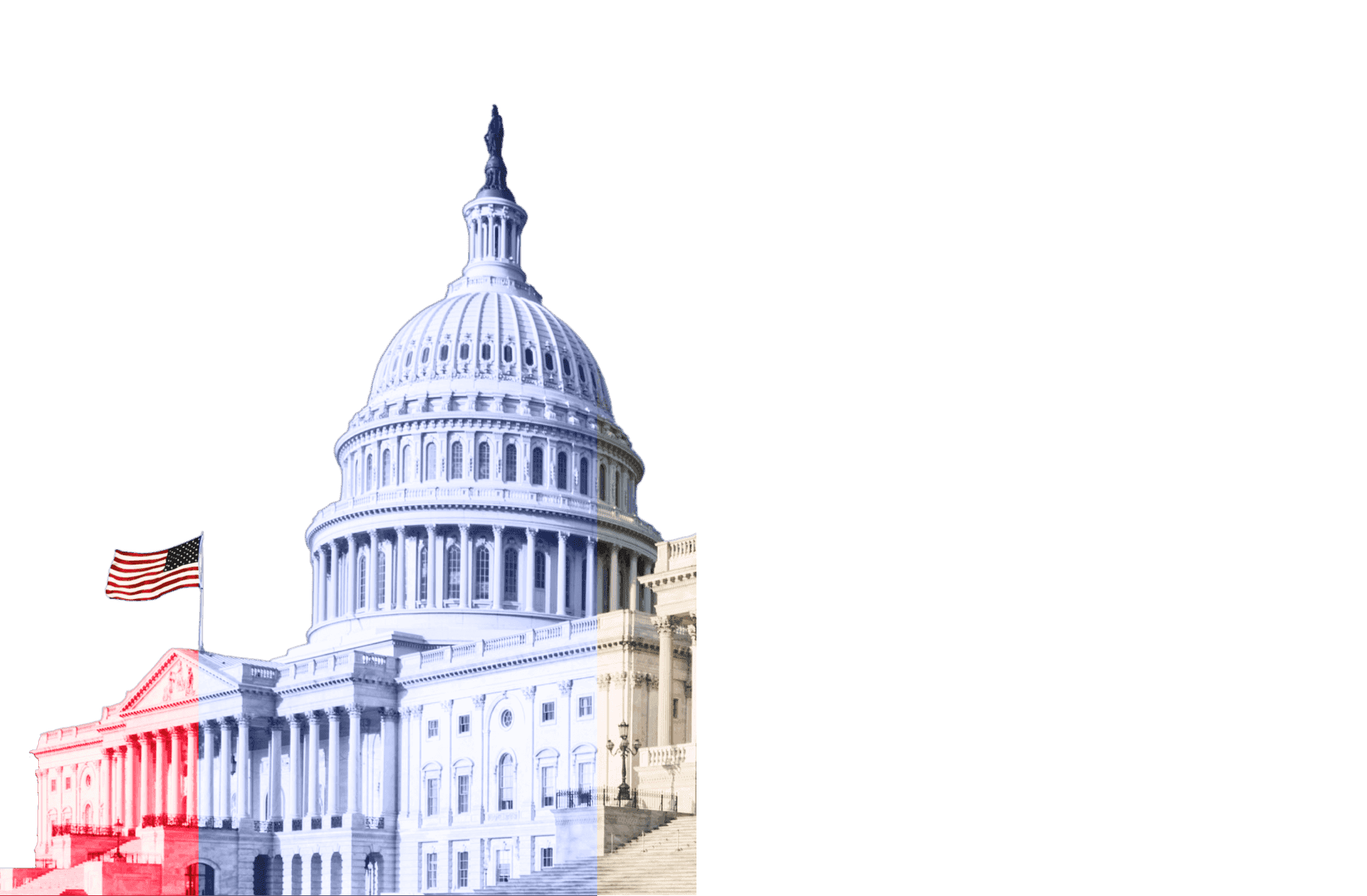COVID-19: We Deserve the Truth
Recently, the U.S. National Institutes of Health (NIH) revealed in a letter sent to House Republicans that NIH grant-funded experiments at the Wuhan Institute of Virology in China had the “unexpected result” of creating a coronavirus that was more infectious.









Why does this matter?
It matters because of something called gain-of-function research.
Formerly banned in the United States, gain-of-function research is defined as research that improves the ability of a pathogen to cause disease and entails manipulating viruses more transmissible.
Despite criticisms that gain-of-function research is unethical, the U.S. Government ended its moratorium on gain-of-function research in 2017.
Dr. Fauci made “untruthful assertions” in claiming that the NIH did not fund gain-of-function research in Wuhan.
The bat coronavirus research conducted under the NIH grant manipulated a viral contagion in bats and made it transmissible to human-receptors in mice.
Dr. Richard Ebright, a molecular biologist at Rutgers University,commented, “This research matches, indeed, epitomizes the definition of ‘gain-of-function research of concern’[.]”
Dr. Ebright also stated that NIAID Director Dr. Fauci made “untruthful assertions” in claiming that the NIH did not fund gain-of-function research in Wuhan.
In light of this revelation, Kentucky Senator Rand Paul, Florida Governor Ron DeSantis and others have demanded transparency from Dr. Fauci on whether this research could be related to the outbreak of the COVID-19 pandemic in Wuhan.


